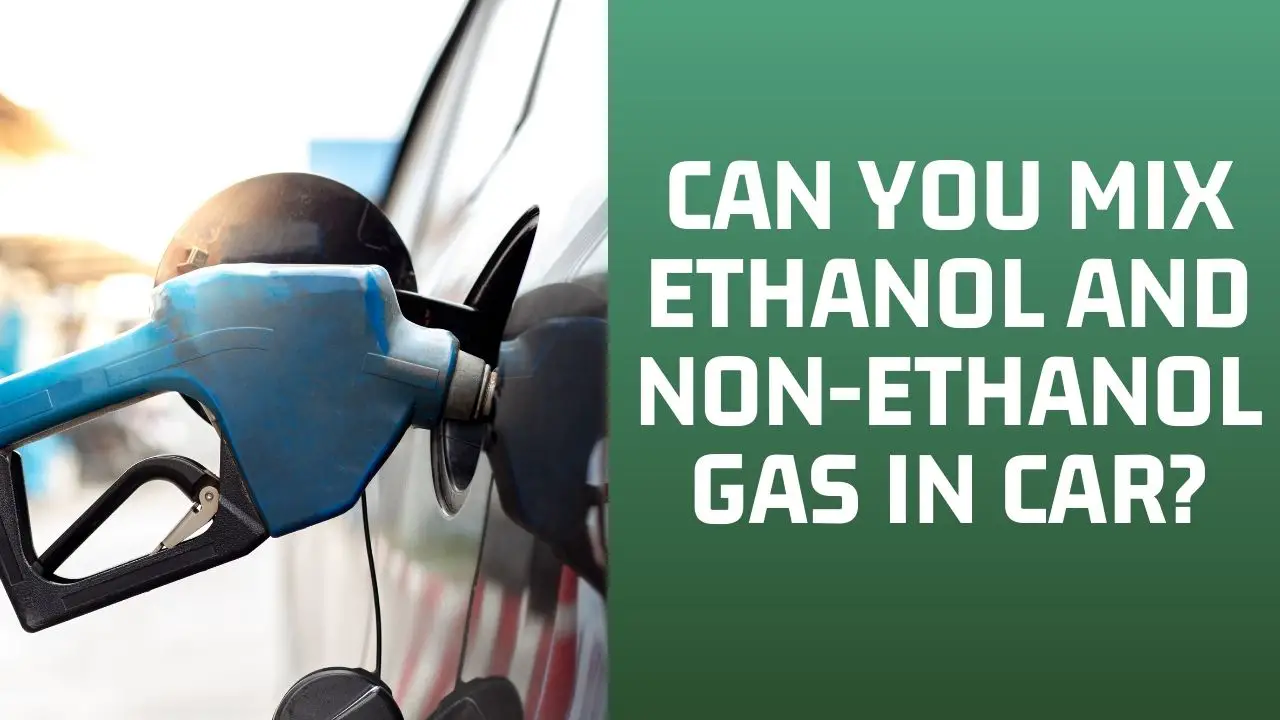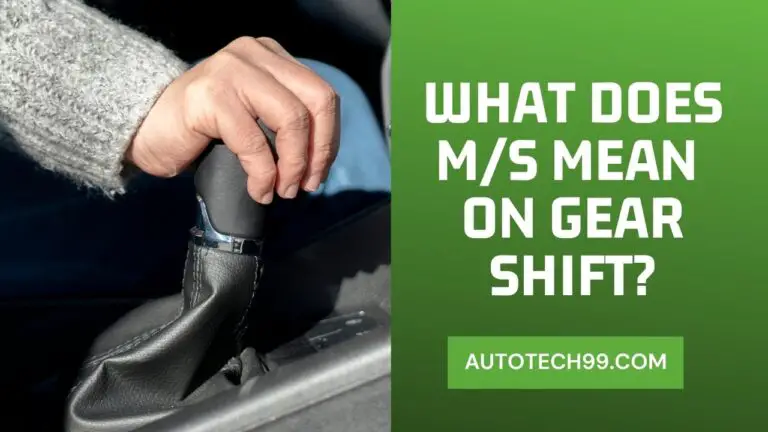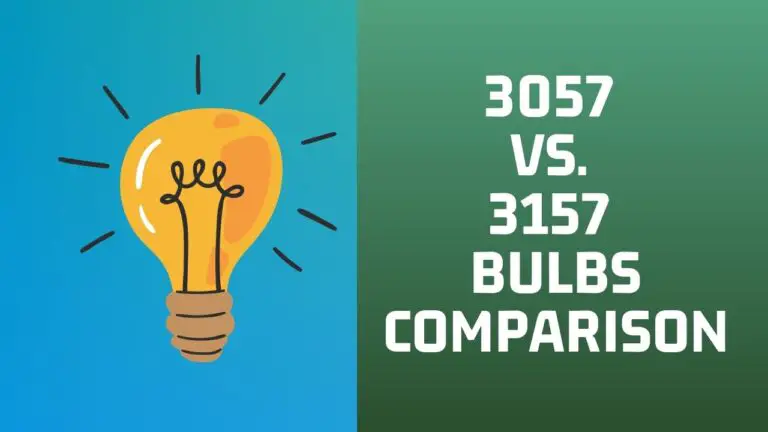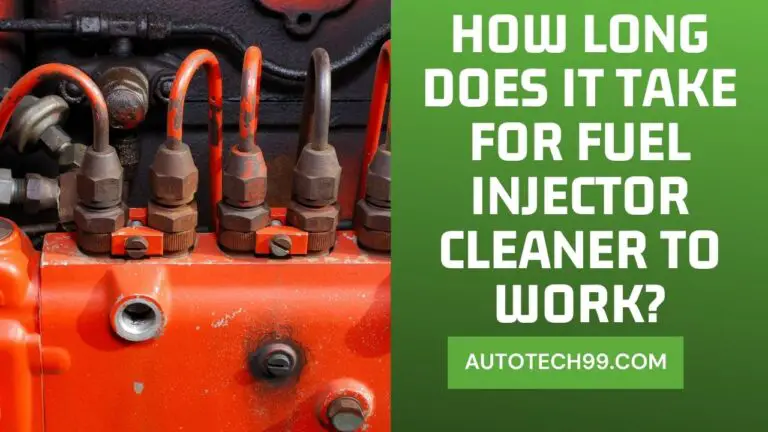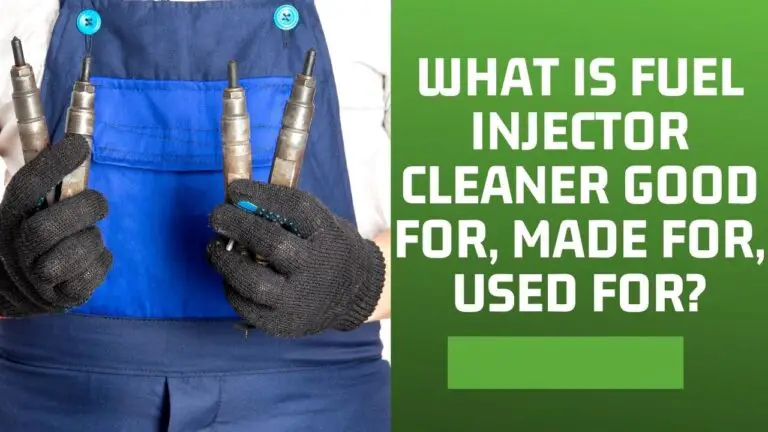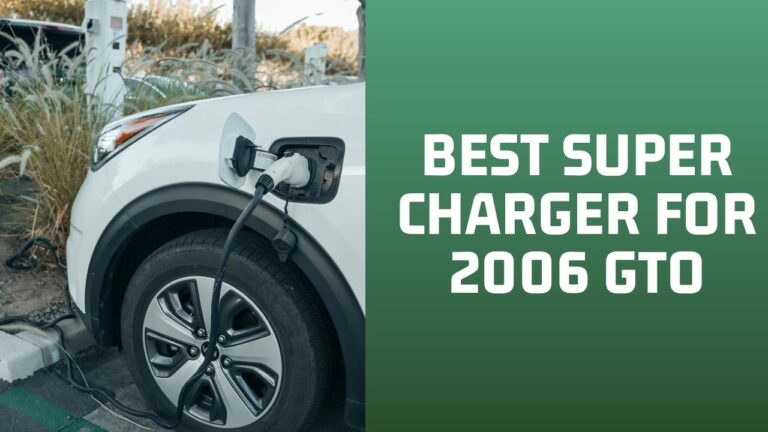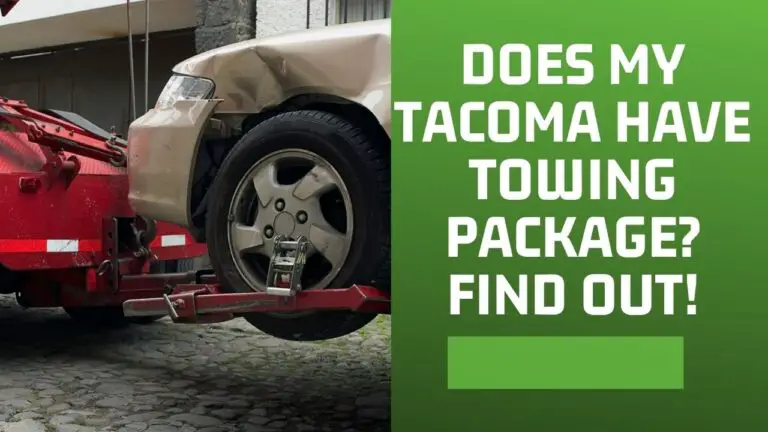Today, there are two types of fuel available in most filling stations that you can use to power your car: ethanol and non-ethanol, depending on the one you find suitable.
This may confuse you when purchasing gas because if you have been using non-ethanol fuel all along, you probably wonder if it’s OK to use it with ethanol or not. Read on to find out the answer to this common question!
No, you should not mix ethanol and non-ethanol gas. This is because ethanol’s lower octane rating can cause damage to your car’s engine. If you want to avoid problems with your car, it is best if you fuel it with an ethanol blend that matches its octane level.
It’s also important to keep your tank full at all times when using a gasoline blend that contains ethanol.
What Is Non-Ethanol Gas Called?
The non-ethanol gas is known as REC-90 this is because it contains less than 10% ethanol in a gasoline blend.
This level of ethanol is considered non-ethanol fuel. If your vehicle has a Flexible Fuel Sensor (FFS), then you can safely run on up to 90% REC-90 non-ethanol gas blend, but not more than that.
If your vehicle has a Flexible Fuel Sensor (FFS), then you can safely run on up to 90% REC-90 non-ethanol gas blend, but not more than that.
Ethanol vs. Non-Ethanol gas
From an environmental perspective, ethanol is great. If you’re concerned about reducing carbon dioxide emissions, ethanol has a higher energy density than gasoline and burns cleaner.
The problems come from when you try to put ethanol into a vehicle that wasn’t designed for it. Although modern engines will run on E85 (85% ethanol), if you run more than 10% ethanol, your engine may get damaged especially if you drive more than a mile on straight ethanol. If your vehicle isn’t specifically designed to run with 100% ethanol gas, don’t attempt to fill up with it.
Even if you do fill up with 100% ethanol, it won’t hurt your car it just won’t get you very far. If you run E85 through a normal engine, your fuel mileage will be much lower than expected.
If you want to reduce your carbon dioxide emissions, consider biodiesel instead. Biodiesel is made from vegetable oil, so you can use it even if you don’t have a veggie or fruit tree in your yard.
It doesn’t release as much CO2 into the atmosphere as regular diesel does and it produces fewer particulates than petroleum diesel does. Some studies have shown that biodiesel reduces particulate matter by up to 90%!
Non ethanol gas on the other hand does not include added ethanol and it is a high-quality type of fuel.
While it is not as popular as the ethanol blend, it may still be preferable for use for older car engines.
The ethanol-free gas or pure oil as it is known can be used the stead of ethanol-mixed gases. Some benefits of nonethanol gases include:
- Improved mileage due to less free energy that is most times caused by added ethanol. Your gas mileage can be reduced to about three percent by using premium and regular gas instead of ethanol-added gases.
- It also gives longer shelf life if stored properly, they can last anywhere between four to six months, The ethanol-free gas also gets better fuel economy and is not easily likely to succumb to evaporation or oxidation, it is ideal for storage.
- It is also the best gas to use when it comes to outdoor equipment and land mowers since ethanol-based gasoline has been known to have the ability to cause damage to land mowers and outdoor equipment. Having too much ethanol in this equipment can cause corrosion and damage from overheating.
Ethanol Free Gas Vs Premium
The difference between ethanol-free gas vs. premium is that, while both types of gasoline will power your car, they have a different octane rating. Octane is a measure of how well gasoline ignites when you start your engine.
The higher an octane rating a fuel has, such as premium or super unleaded; generally speaking, these are more expensive than fuels with lower octane ratings.
In addition to offering different octane ratings, there are other differences between ethanol-free gas vs. premium.
Most commonly, you’ll find that ethanol-free gas is cheaper than premium; however, certain vehicles won’t be able to run on low-grade fuels. Additionally, ethanol can cause damage to your car’s fuel system if you don’t use high-quality gas.
Is Ethanol Free Gas Better?
Yes. If you’re wondering whether you can use ethanol-free gas or a higher octane ethanol-blended gas, know that yes, you can fill up with either. It comes down to your preference for how your car performs.
One option may be cheaper than the other depending on where you live. However, one isn’t necessarily better than another it all depends on what works best for your vehicle.
To start, a higher octane fuel will typically improve your vehicle’s performance. However, you may not be able to use it in your vehicle because high octane fuel requires more precise engine management for it to work properly.
If you do have a newer car that supports higher octane fuel, opt for it if you want better performance from your vehicle.

Does Non-Ethanol Gas Need Stabilizer?
Yes, it needs a stabilizer. The majority of gasoline sold today contains ethanol, a fuel additive made from corn that has caused more controversy than necessary.
Contrary to popular belief, higher blends of ethanol do not damage your engine if you use only non-ethanol gas.
But lower blends are still problematic because they can lead to engine failure within a few weeks or months after they have been consumed. Therefore fueling your vehicle with pure nonethanol gas is essential.
Can You Mix Ethanol And Non-Ethanol Gas In The Car?
You should never mix ethanol gas with non-ethanol gas. When you fill-up your car, you don’t know what percentage of ethanol gas is blended into your fuel unless it is labeled as E10 or higher.
In most areas of the United States, E10 is standard. Because of environmental concerns and different regulations around each state, blending gasoline can be complicated to understand.
Always be sure to fill up at stations that sell ethanol gas, but if you accidentally get a tank full of non-ethanol fuel, your car will not explode.
Your engine won’t even grind to a halt. Your car might go through most of a tank of gas with non-E10 fuel before you realize it’s not right. Only once you start driving will you notice something is off.
What Happens If We Mix Ethanol And Non-Ethanol Gas In Car?
Have you ever wondered if there would be any problems with mixing ethanol and non-ethanol gas? Most cars have become so sophisticated these days that we can leave a lot of maintenance work up to them. They are smart enough to know when to warn us about low oil levels, or faulty brake lights.
But some things still need our direct input. When it comes to mixing fuels, what happens if we mix ethanol and non-ethanol gas in a car?
This is why it’s very important to understand what happens if we mix ethanol and non-ethanol gas in cars.
For some drivers, mixing fuels can be a natural thing. Some cars are built to run on either fuel, so it may not seem like such a big deal. But others have specific fueling requirements. What happens if we mix ethanol and non-ethanol gas in a car?
It is not advised to mix ethanol and non-ethanol gas in the car because it will cause some unwanted problems. Here are some of them.
First, ethanol is more expensive than non-ethanol gas. If you mix it with non-ethanol gas, you will end up paying for a less energy-producing fuel. This means that you will be wasting your money because when you start to use your car, it will use less energy and thus perform slower.
Second, ethanol is much harder to ignite than gasoline due to its lower volatility. This means that it could lead to engine damage if mixed with gasoline because non-ethanol fuels ignite at a higher temperature.
Third, when you mix ethanol with non-ethanol gas, it will be very difficult to ignite in your car. This means that you will end up wasting even more of your money because more fuel will be used for starting your car.
Not only that, if you have a standard car, your engine might not perform as expected. It may even get damaged from trying to start a fire using ethanol.
To sum it up, ethanol is a very good fuel for your car but it should be used only when required.
Mixing it with non-ethanol gas will not only waste your money but also damage your engine.
Therefore, always ensure that you use non-ethanol fuel if you want to keep both your money and engine safe.

